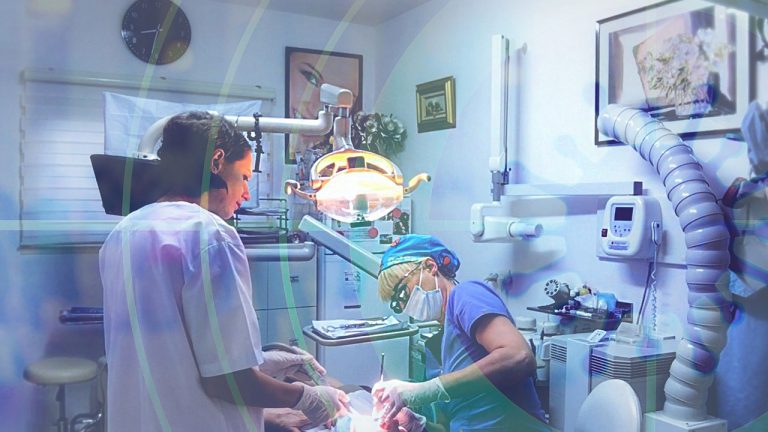
There are a growing number of people who are finally getting the chance to answer the question: How does marijuana affect the human body? They get to understand how weed feels and does weed even help? These are all questions that millions of people have wrestled with while weed has been outlawed in the vast majority of the United States. However, those markets are opening up now that laws are changing, and cannabis delivery services are bringing marijuana to people in even easier ways than ever before.
The answer to the question: how does it feel after smoking weed? Is a personal question that can only be answered on a personal level. Not everyone has the same experience as everyone else, but virtually everyone has wanted to know the answer to this question for themselves. It is a great thing that laws are changing to make this possible for a growing number of people. The questions that so many have had to ponder all alone are now opening up to an experience that virtually anyone can have for themselves. It means that cannabis is becoming more normalized, and the industry itself is having an opportunity to regulate itself and protect users.

When a lot of people think of cannabis, they think of movies like Up in Smoke, The Big Lebowski, and Harold and Kumar Go to White Castle. Characters and actors like Jay, Silent Bob, Seth Rogen, Cheech, and Chong all come to mind, and they’re all typically depicted as lazy or losers. That’s the pop culture opinion on marijuana and its users. All these movies, however, typically fail to mention (or bring any significant attention to) the myriad of medicinal uses for cannabis. Science is still learning all of the uses of medical marijuana; only about 6% of studies performed on cannabis include its medicinal properties.

What can medical cannabis help?
Despite the few studies performed so far, several uses have already been found. Some have been virtually proven to be helped by cannabis, while others still require a little more research before any conclusion can be reached.
- Nausea. It’s a common joke in all the movies mentioned earlier, but one of the side effects of cannabis use is a phenomenon called “the munchies.” For people that suffer from nausea — whether it’s from chemo therapy for cancer or just a chronic illness — cannabis can induce an appetite and help people eat when they ordinarily wouldn’t.
- Multiple Sclerosis. Multiple Sclerosis is a disease that causes severe, painful, and debilitating muscle spasms. Several patients responded well to medical cannabis, reporting reduced pain within just a few days of use.
- Epilepsy. The benefits of cannabis to treat epilepsy haven’t been proven yet, but there have been a few early-stage studies on it. There isn’t enough evidence yet to make any conclusive statement, but the results thus far have been promising that cannabis can reduce the amount of epileptic seizures.
Is it really that effective?
Absolutely. Two-thirds of doctors — about 66% — recommend medical cannabis usage to treat the aforementioned conditions and others, and an overwhelming majority — 92% — of patients that have used medical cannabis agree that it has helped.
Is investing in the cannabis industry worthwhile?
The medical marijuana industry has grown tremendously in the past few years. In the United States there are currently 23 states — along with the District of Columbia — allow medical cannabis use, so there are a large number of medical marijuana consulting investment opportunities. Several new professions have sprung up, such as “Cannabis Consultant” that simply weren’t a viable option previously. Cannabis consultants are similar to lawyers, in that they answer any questions regarding the legality and usage of medical marijuana. A cannabis consultant can help with starting a medical marijuana business or with learning about investing in the marijuana industry.
In 2010, only 17% of Americans supported legalization. Today, that number is 58%. It’s a very controversial topic, but it has become much more widely accepted than ever before, and the surface has only been scratched on all of the possible medical uses.



